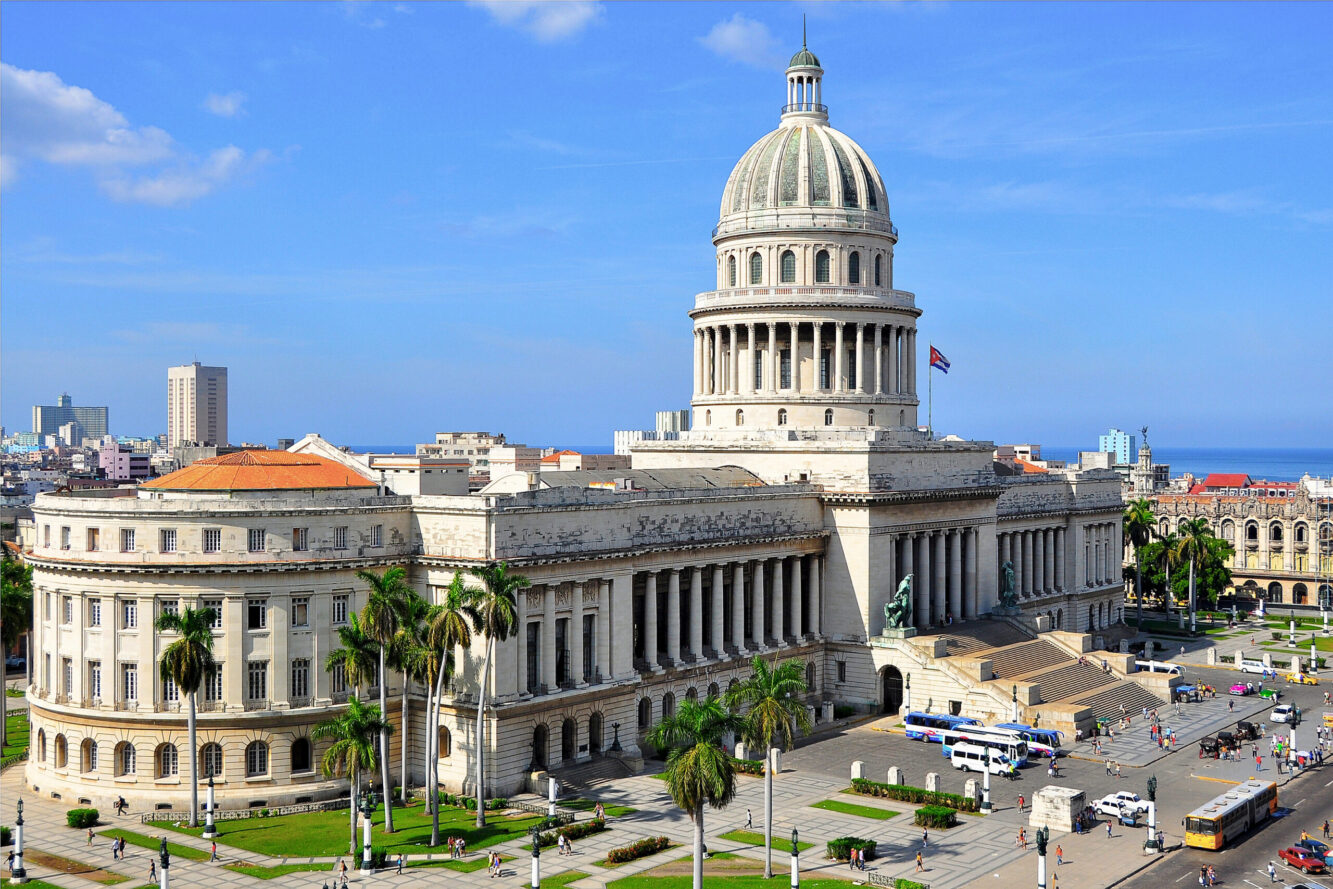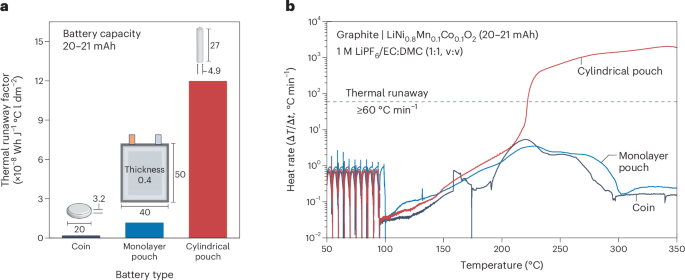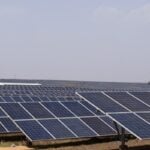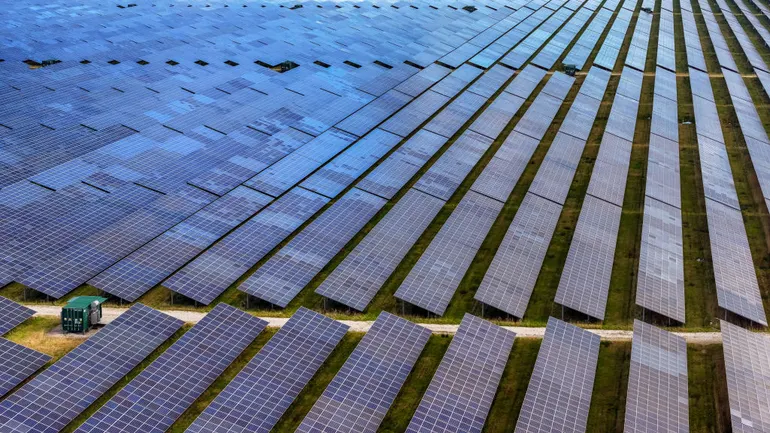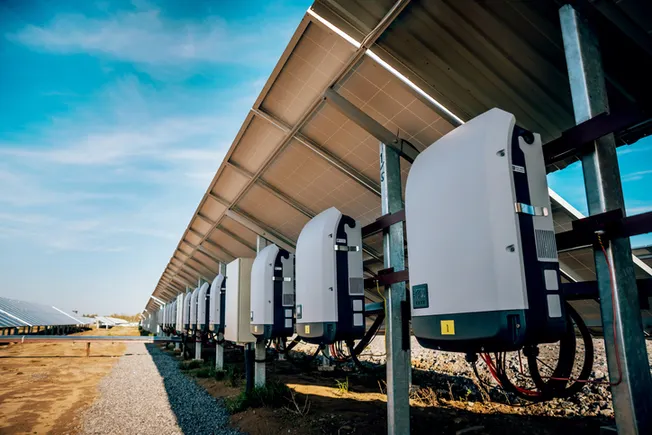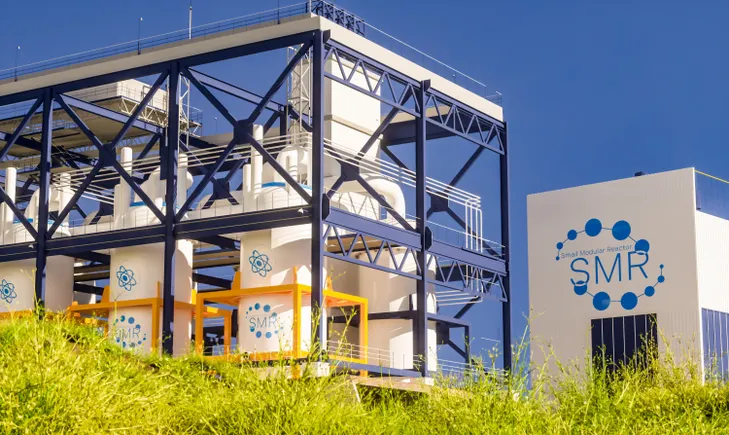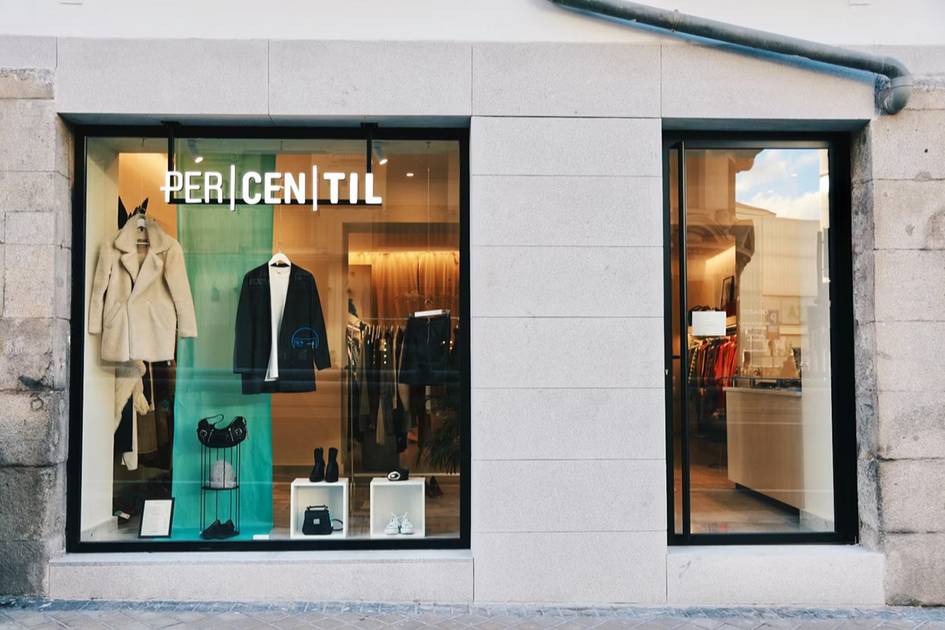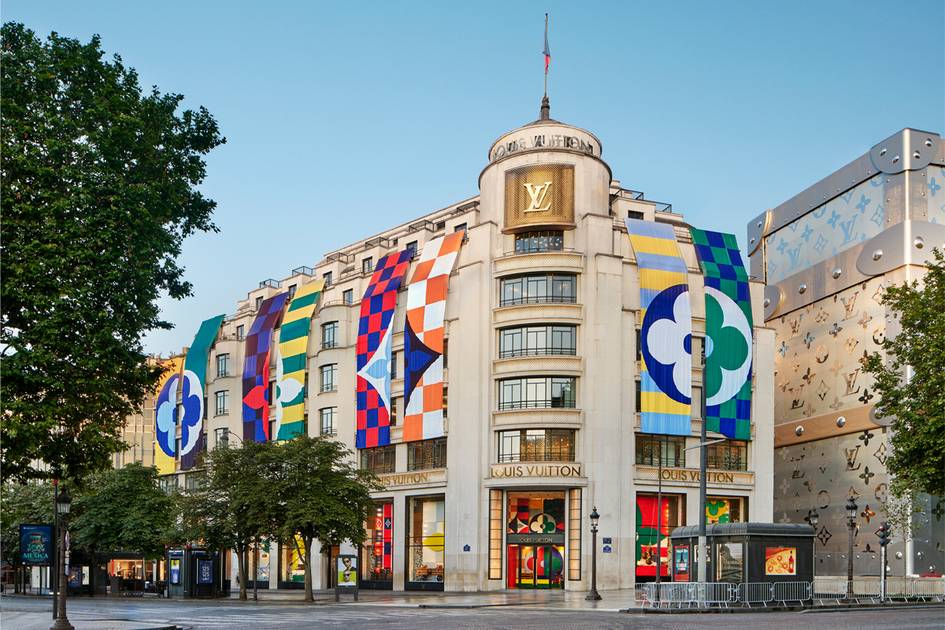Fashion startups selected to join WDCD accelerator amid push for circular innovation
What Design Can Do Credits: Courtesy WDCD 2025 Eight early-stage ventures have been selected to join the What Design Can Do (WDCD) Accelerator 2025, a global programme developed in partnership with Dutch pocketwear brand Secrid to support regenerative design solutions aimed at addressing the climate crisis. The selected initiatives span industries from fashion to urban infrastructure and reflect a growing shift within the creative sector toward systemic, long-term impact over aesthetic interventions. The programme, now in its latest iteration, continues to position design as a central driver of climate action—not just in product development, but in cultural and infrastructural transformation. According to WDCD co-founder and creative director Richard van der Laken, the Accelerator is as much about nurturing systems as it is about launching ideas. “With the WDCD Accelerator, we’re not just backing good ideas—we’re supporting the people and systems that will make circular design the new standard,” van der Laken said. The eight winners were chosen from a global pool of applicants for their originality, scalability, and capacity to catalyse cultural and industry change. While varied in form and market, all eight projects share a regenerative ethos—aiming not merely to reduce harm, but to replace extractive practices with restorative systems grounded in circularity, local knowledge, and material innovation. Fashion industry implications The inclusion of several fashion-related projects reflects a growing urgency within the sector to address its outsized environmental footprint. Solutions like Loom and Eso Extensions take aim at post-consumer textile waste and microplastic pollution, two of fashion’s most persistent ecological challenges. Meanwhile, Carbon Cell presents potential applications in packaging and apparel insulation, offering a bio-based alternative to fossil-derived foams. These emerging models are part of a wider movement that repositions design from aesthetic enhancer to structural reformer—an evolution especially relevant for fashion professionals facing increased pressure from regulators, consumers, and investors to decarbonise and decouple growth from environmental degradation. From Amsterdam to global platforms Participants will now enter a six-month support track that begins with Sprint Week in Amsterdam—an intensive residency combining strategic coaching, field visits to circular innovators, and collaborative workshops. This phase will be followed by a digital mentorship programme connecting each team with a curated network of global experts in design, finance, and climate policy. The next major milestone arrives on 6 June, when the cohort presents at WDCD Live Amsterdam 2025—a flagship event expected to draw changemakers, investors, and policymakers from across the globe. This platform offers both visibility and access to high-level stakeholders, positioning the projects not only for potential funding, but for influence on the broader discourse around design and sustainability. Strategic support Three of the eight selected projects—Carbon Cell, Bolt and Papilio—will receive additional support from Secrid, which invests 1 percent of its revenue into impact-driven design initiatives. Carbon Cell was also named the recipient of the Secrid Talent Podium Award, which includes a 7,777.77 euro grant and a dedicated exhibition slot at Dutch Design Week 2025. This year’s Accelerator underscores how design is being increasingly leveraged not as a marketing tool but as a mechanism for structural transformation. The winning projects suggest a future where creative entrepreneurs are no longer content to operate within the constraints of flawed systems—but are instead designing alternatives from the ground up.
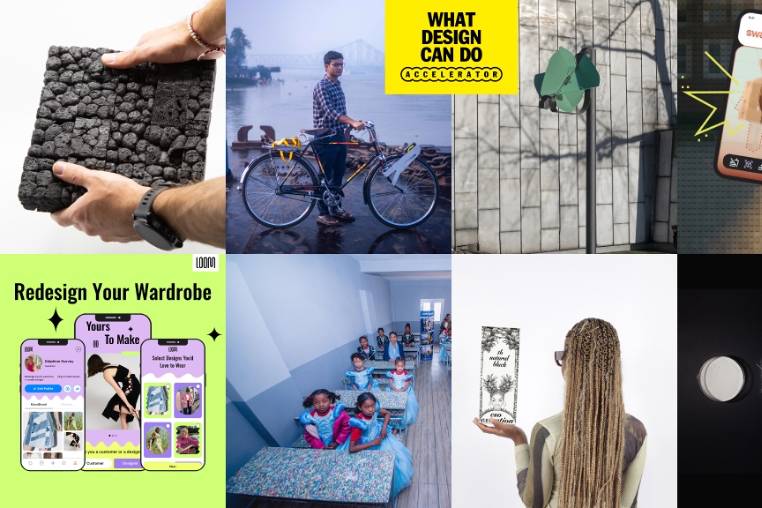
Eight early-stage ventures have been selected to join the What Design Can Do (WDCD) Accelerator 2025, a global programme developed in partnership with Dutch pocketwear brand Secrid to support regenerative design solutions aimed at addressing the climate crisis. The selected initiatives span industries from fashion to urban infrastructure and reflect a growing shift within the creative sector toward systemic, long-term impact over aesthetic interventions.
The programme, now in its latest iteration, continues to position design as a central driver of climate action—not just in product development, but in cultural and infrastructural transformation. According to WDCD co-founder and creative director Richard van der Laken, the Accelerator is as much about nurturing systems as it is about launching ideas.
“With the WDCD Accelerator, we’re not just backing good ideas—we’re supporting the people and systems that will make circular design the new standard,” van der Laken said.
The eight winners were chosen from a global pool of applicants for their originality, scalability, and capacity to catalyse cultural and industry change. While varied in form and market, all eight projects share a regenerative ethos—aiming not merely to reduce harm, but to replace extractive practices with restorative systems grounded in circularity, local knowledge, and material innovation.
Fashion industry implications
The inclusion of several fashion-related projects reflects a growing urgency within the sector to address its outsized environmental footprint. Solutions like Loom and Eso Extensions take aim at post-consumer textile waste and microplastic pollution, two of fashion’s most persistent ecological challenges. Meanwhile, Carbon Cell presents potential applications in packaging and apparel insulation, offering a bio-based alternative to fossil-derived foams.
These emerging models are part of a wider movement that repositions design from aesthetic enhancer to structural reformer—an evolution especially relevant for fashion professionals facing increased pressure from regulators, consumers, and investors to decarbonise and decouple growth from environmental degradation.
From Amsterdam to global platforms
Participants will now enter a six-month support track that begins with Sprint Week in Amsterdam—an intensive residency combining strategic coaching, field visits to circular innovators, and collaborative workshops. This phase will be followed by a digital mentorship programme connecting each team with a curated network of global experts in design, finance, and climate policy.
The next major milestone arrives on 6 June, when the cohort presents at WDCD Live Amsterdam 2025—a flagship event expected to draw changemakers, investors, and policymakers from across the globe. This platform offers both visibility and access to high-level stakeholders, positioning the projects not only for potential funding, but for influence on the broader discourse around design and sustainability.
Strategic support
Three of the eight selected projects—Carbon Cell, Bolt and Papilio—will receive additional support from Secrid, which invests 1 percent of its revenue into impact-driven design initiatives. Carbon Cell was also named the recipient of the Secrid Talent Podium Award, which includes a 7,777.77 euro grant and a dedicated exhibition slot at Dutch Design Week 2025.
This year’s Accelerator underscores how design is being increasingly leveraged not as a marketing tool but as a mechanism for structural transformation. The winning projects suggest a future where creative entrepreneurs are no longer content to operate within the constraints of flawed systems—but are instead designing alternatives from the ground up.















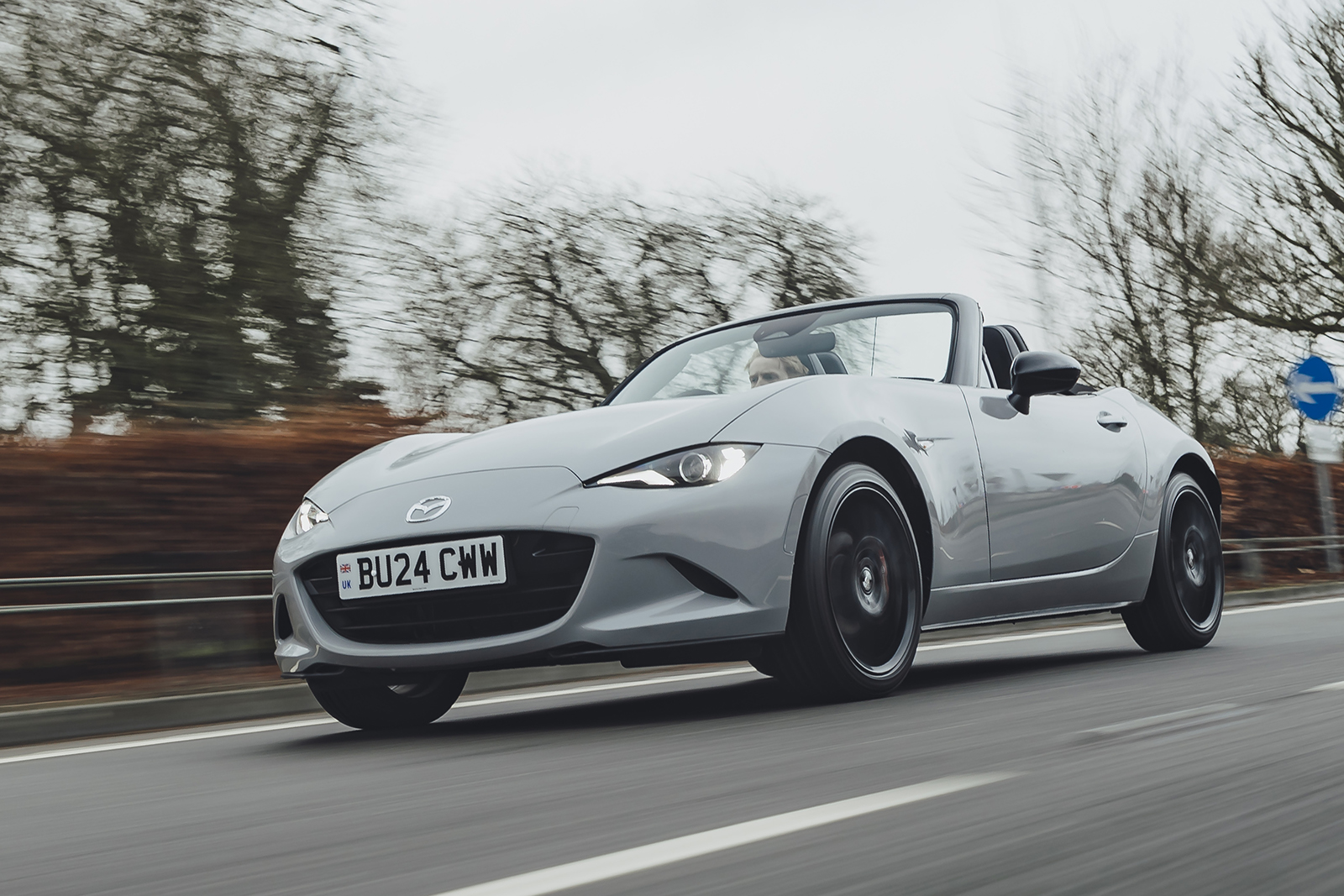
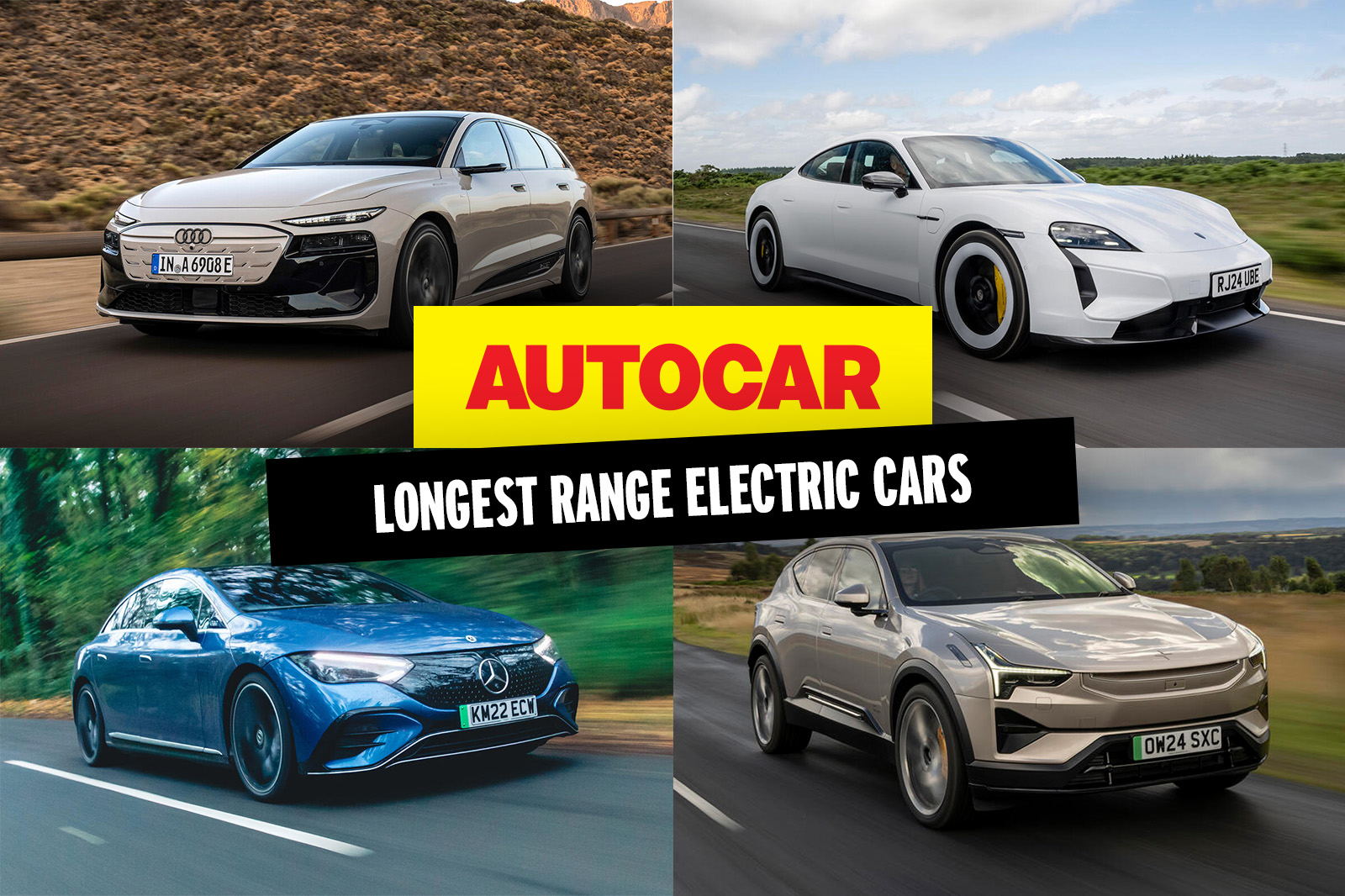










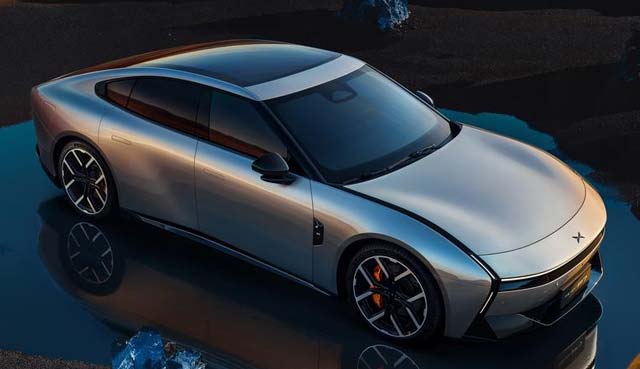
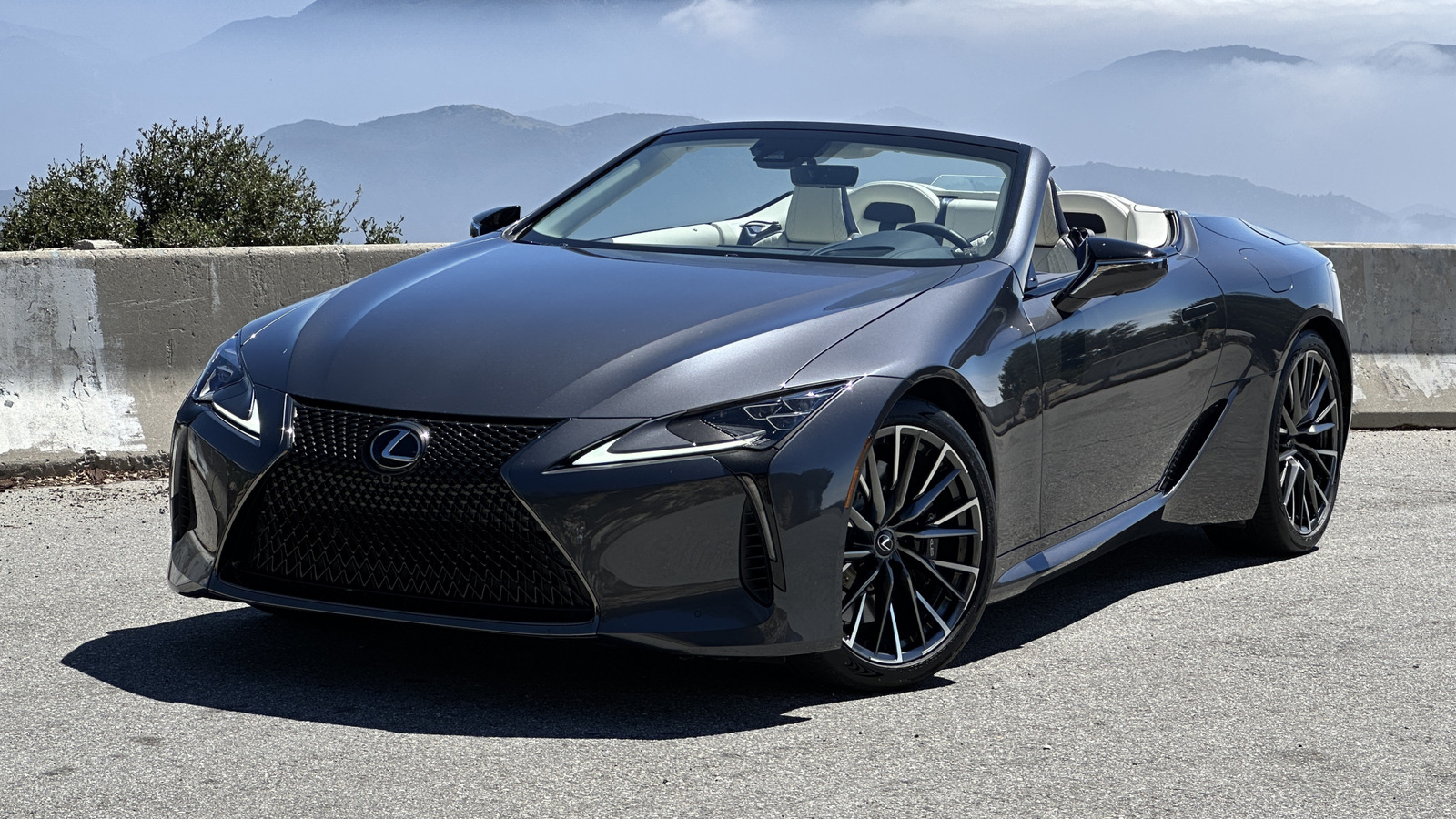








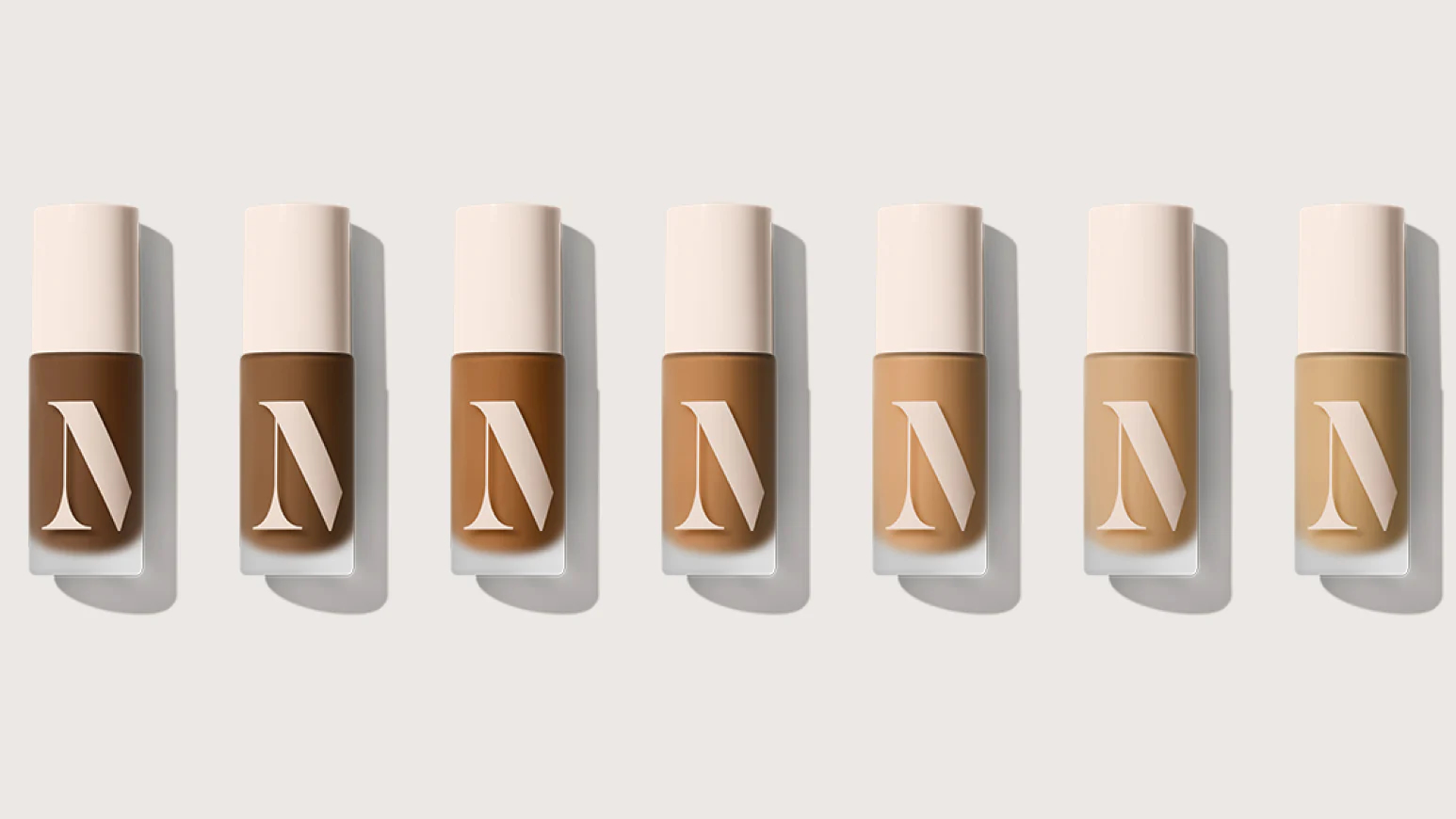






























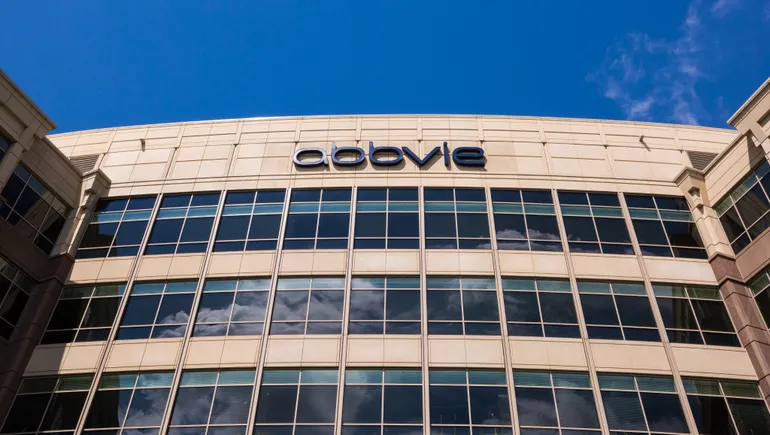

















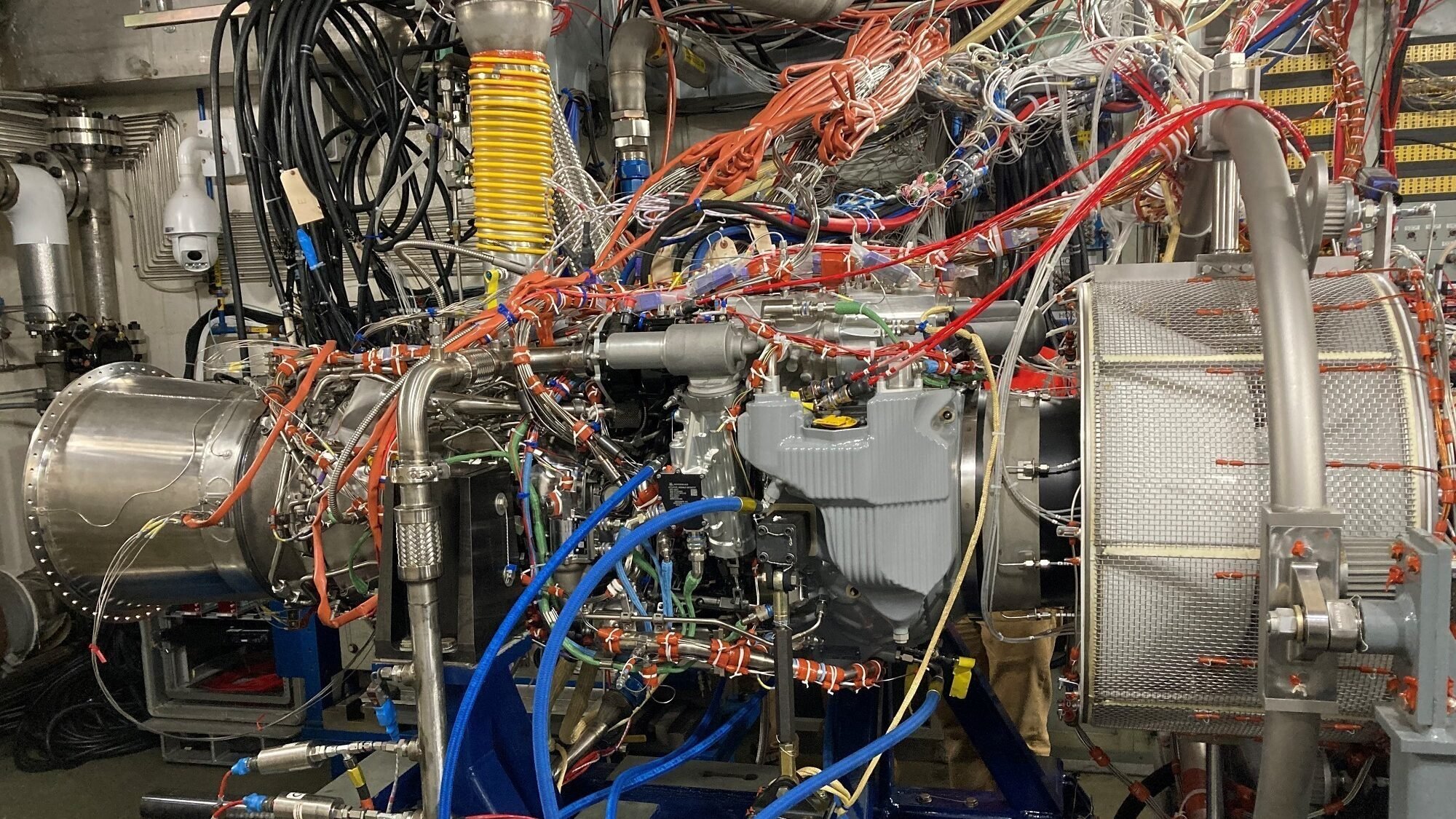
![The F-35’s future: The world’s most advanced stealth fighter and what comes next [Video]](https://breakingdefense.com/wp-content/uploads/sites/3/2025/03/8477353.jpg?#)





















